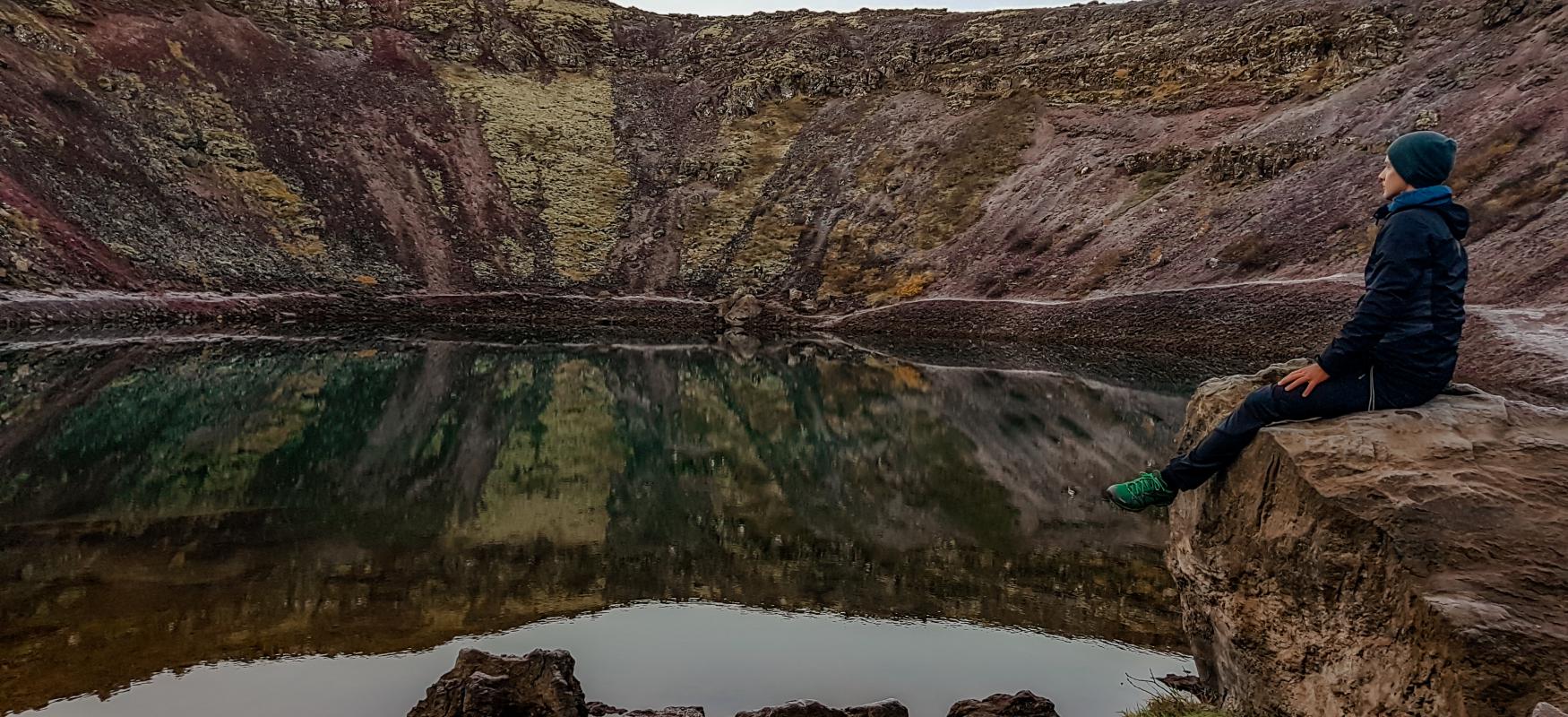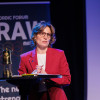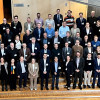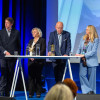With its natural resources, shared values, and expertise, the Nordic Countries are in a unique position to provide the world with some raw material critical for the green transition and increase our domestic mineral supply.
Nordic Innovation facilitates a groundbreaking collaboration between the Nordic countries with the aim of realizing the region’s potential as a major supplier of critical raw materials (CRM). The cooperative initiative is part of Nordic Sustainable Minerals Program, which is one of the eight initiatives for 2021-2024 launched by the five Nordic Ministers of Trade and Industry to boost economic recovery in a greener direction in the wake of COVID-19 pandemic and globalization.
- The world must undertake a major energy transition to mitigate global issues as put forward by the UN SDG goals. As a foreseeable consequence, the demands for new energy technologies, such as batteries, wind turbines, and other green alternatives will rise considerably, leading to surging demands for metals and minerals says Håkan Lind, Senior Innovation Adviser at Nordic Innovation.
A Project with Two Work Packages
The Nordic Sustainable Minerals Program consists of two strategically important main work packages:
- Traceability of Primary Mineral Resources
- Recovery and Recycling of Secondary Mineral Resources
Both work packages are essential for ensuring efficient use of mineral resources and reinforcing Nordic leadership in global sustainability endeavors.
1 Traceability
The first work package of the Sustainable Minerals project aims at kickstarting the development of an effective traceability technique for tracing rare-earth elements (REE) that originated in the Nordic countries along the whole value chain at a global scale. The many benefits of Nordic mineral production – being sustainable and ethical – has little value if there is no good way to know where metals or minerals are produced.
- The development and implementation of a reliable and efficient metal traceability method (we call it “GeoPass”) may prove beneficial for the supply chain participants, external stakeholders, as well as national and international legislators. The results will serve as a unique identity of the minerals and metals authenticable whenever and wherever necessary. It will offer a practical way to dissolve stakeholders’ concerns about social-environmental issues by demanding for GeoPass information from relevant parties, says Liu Xuan, Senior Researcher at Geological Survey of Finland.
- As a whole, results of this work package may emerge as a crucial part of mankind’s endeavors towards a sustainable, greener, and better future, continues Liu Xuan.
2 Recycling and Recovery
The second work package aims at developing an inventory of mining waste across the Nordics and a systematic classification methodology for secondary mineral resources as compared to primary resources to evaluate respective CRM potential. This development is meant to foster metal re-mining and recovery practices, as well as production from secondary resources, to increase sustainability practices. This will contribute to the reduction of mining waste as well as the extraction and reuse of some of the useful materials that earlier would have been stored and monitored in appropriate sites or even abandoned.
- The demand for metals and industrial minerals is expected to rise significantly for several commodities that are related to this economic shift. By conducting specialized research in multicriteria classification systems, the project aims at providing novelty in how waste is respectively mapped across a variety of scenarios and economically evaluated, says Leonardo Feltrin, Senior Research Specialist at Geological Survey of Finland.
- With the Green Transition, the demand for mineral resources will increase dramatically. The global community needs to make sure that all resources are used to the fullest, thus new technology, research, and knowledge development is needed, says Håkan Lind, Senior Innovation Adviser at Nordic Innovation.






